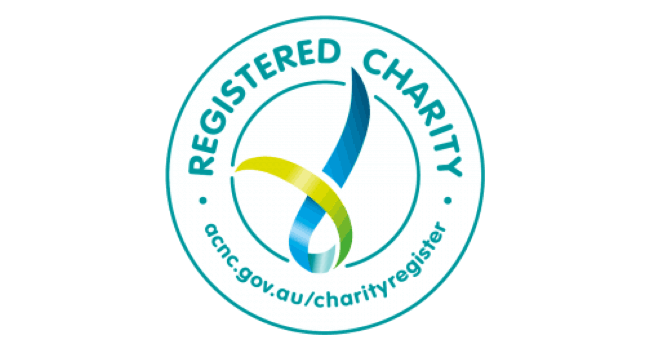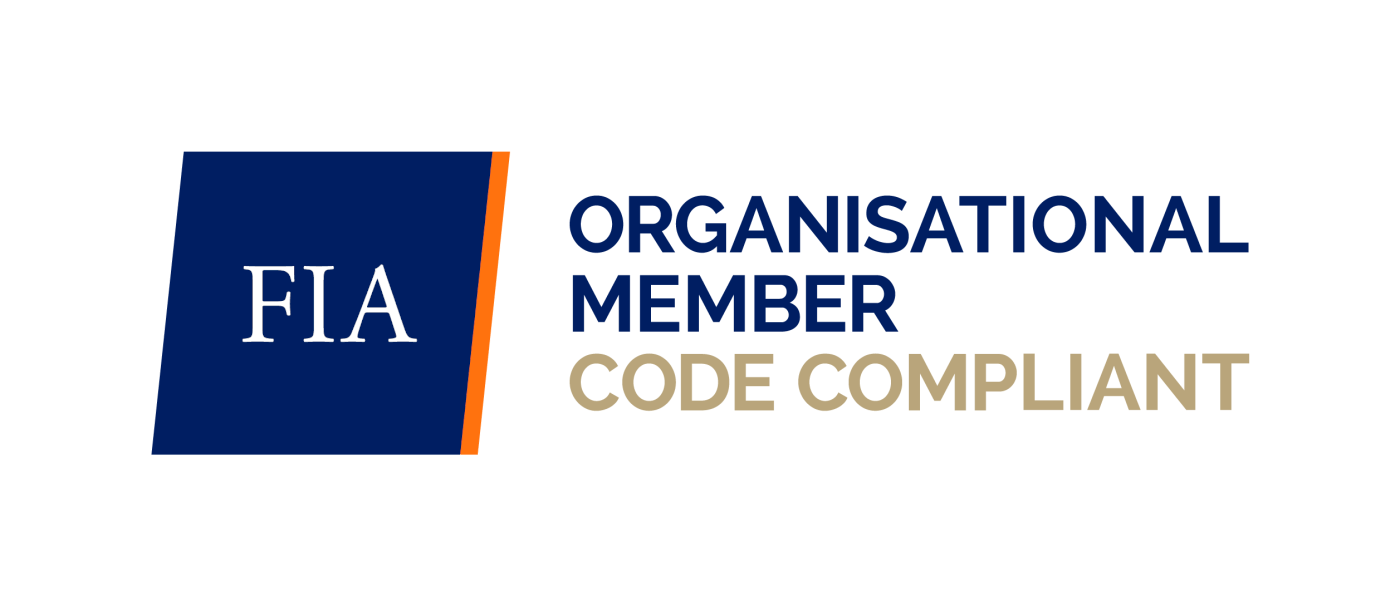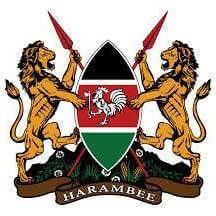Scheduled Review Date: 11/08/2021
Purpose
Rafiki Mwema Inc. (Rafiki) is committed to providing a safe, flexible and respectful environment for staff, volunteers and clients free from all forms of discrimination, bullying and harassment. This policy outlines how Rafiki will ensure that all employees and volunteers are treated fairly, and recruitment decisions are based on merit without regard to criteria unrelated to performance or suitability, such as race, sex, age, marital status or other attributes.
Policy
This policy applies to all staff and/or volunteers (including Board and Committee members) of Rafiki and Play Kenya. While Rafiki exists to support the activities of Rafiki Mwema and Play Kenya in Kenya, it should be noted that the two organisations are separate and distinct.
Rafiki considers having a safe, respectful and kind environment that is free from any and all forms of discrimination as a priority, therefore everyone working for or associated with Rafiki must be aware of and adhere to the provisions of this policy.
Rafiki staff and volunteers are required to treat others with dignity, courtesy and respect.
Responsibilities
The Rafiki Executive Committee, under the leadership of the Chief Executive Officer, is responsible for monitoring the implementation of this policy.
All Rafiki staff and volunteers are entitled to:
- recruitment and selection decisions based on merit and without regard to criteria unrelated to performance or personal characteristics
- work free from discrimination, bullying and harassment
- the right to raise issues or to make an enquiry or complaint in a reasonable and respectful manner without victimisation
- reasonable flexibility in working arrangements, especially where needed to accommodate their family responsibilities, disability, religious beliefs or culture.
All Rafiki staff and volunteers must:
- follow the standards of behaviour outlined in this policy and other Rafiki Mwema policies and procedures
- offer support to people who experience discrimination, bullying or harassment, including providing information about how to make a complaint
- avoid gossip and treat everyone with dignity, courtesy and respect.
Additional responsibilities of Executive Committee members and supervisors
Executive Committee members and supervisors must also:
- model appropriate standards of behaviour
- take steps to educate and make staff and volunteers aware of their obligations under this policy and the law, at induction and throughout their employment
- intervene quickly and appropriately when they become aware of inappropriate behaviour and help staff resolve complaints informally, where possible
- ensure staff who raise an issue or make a complaint are not victimised
Unacceptable workplace conduct
Discrimination, bullying and sexual harassment are unacceptable at Rafiki and are unlawful under the following legislation:
- Anti-discrimination Act 1977 (NSW)
- Sex Discrimination Act 1984 (Cth)
- Racial Discrimination Act 1975 (Cth)
- Disability Discrimination Act 1992 (Cth)
- Age Discrimination Act 2004 (Cth)
- Australian Human Rights Commission Act 1986 (Cth)
- The Employment Act, 2007 (Kenya)
- Labour Relations Act and Persons with Disabilities Act 2003 (Kenya)
Staff (including board members) found to have engaged in such conduct might be counselled, warned or disciplined. Severe or repeated breaches can lead to formal discipline up to and including dismissal.
Discrimination
Discrimination is treating, or proposing to treat, someone unfavourably because of a personal characteristic protected by the law, such as sex, age, race or disability.
Discrimination can occur:
- Directly, when a person or group is treated less favourably than another person or group in a similar situation because of a personal characteristic (see list below).
- Indirectly, when an unreasonable requirement, or condition is imposed that has, or is likely to have, the effect of disadvantaging people with a personal characteristic (see list below).
Protected personal characteristics under discrimination law include:
- a disability, disease or injury, including work-related injury
- parental status or status as a carer, for example, because they are responsible for caring for children or other family members
- race, colour, descent, national origin, religion or ethnic background
- age, whether young or old, or because of age in general
- gender
- sexual orientation, intersex status or gender identity
- marital status, whether married, divorced, unmarried or in a de facto relationship or same sex relationship
It is also against the law to treat someone unfavourably because you assume, they have a protected personal characteristic or may have it at some time in the future.
Bullying
If someone is being bullied because of a personal characteristic protected by equal opportunity law, it is a form of discrimination.
Bullying can take many forms, including teasing, inappropriate nicknames, emails, pictures, text messages, social isolation or ignoring people, or unfair work practices.
Behaviours that may constitute bullying include:
- forms of demeaning language
- threats, abuse or shouting
- isolation
- constant unconstructive criticism
- deliberately withholding information or equipment that a person needs to do their job or access their entitlements.
Bullying is unacceptable in Rafiki and may also be against occupational health and safety law.
Sexual harassment
Sexual harassment is a specific and serious form of harassment. It is unwelcome sexual behaviour, which could be expected to make a person feel offended, humiliated or intimidated.
Sexual harassment can be physical, spoken or written. It can include:
- comments about a person’s private life or the way they look
- sexually suggestive behaviour, such as leering or staring
- brushing up against someone, touching or fondling
- displaying photos, calendars or objects of a sexual nature
- requests for sex or intrusive sexual questions
- sending sexually explicit emails, texts or accessing sexually explicit websites
- behaviour that may also be considered to be an offence under criminal law, such as physical assault, indecent exposure, sexual assault, or stalking.
Sexual harassment in the workplace may occur when it happens at work, at work-related events, between people sharing the same workplace, or between colleagues outside of work.
All staff and volunteers have the same rights and responsibilities in relation to sexual harassment and a single incident is enough to constitute sexual harassment.
All incidents of sexual harassment – no matter how large or small or who is involved – require board members and supervisors to respond quickly and appropriately.
Resolving issues at Rafiki
Rafiki strongly encourages any staff member who believes they have been discriminated against, bullied, sexually harassed or victimised to take appropriate action by raising the issue by email or conversation with their direct Supervisor.
Staff who do not feel safe or confident to take such action may seek assistance from the Volunteer Coordinator or Rafiki Chair, for advice and support or action their behalf.





